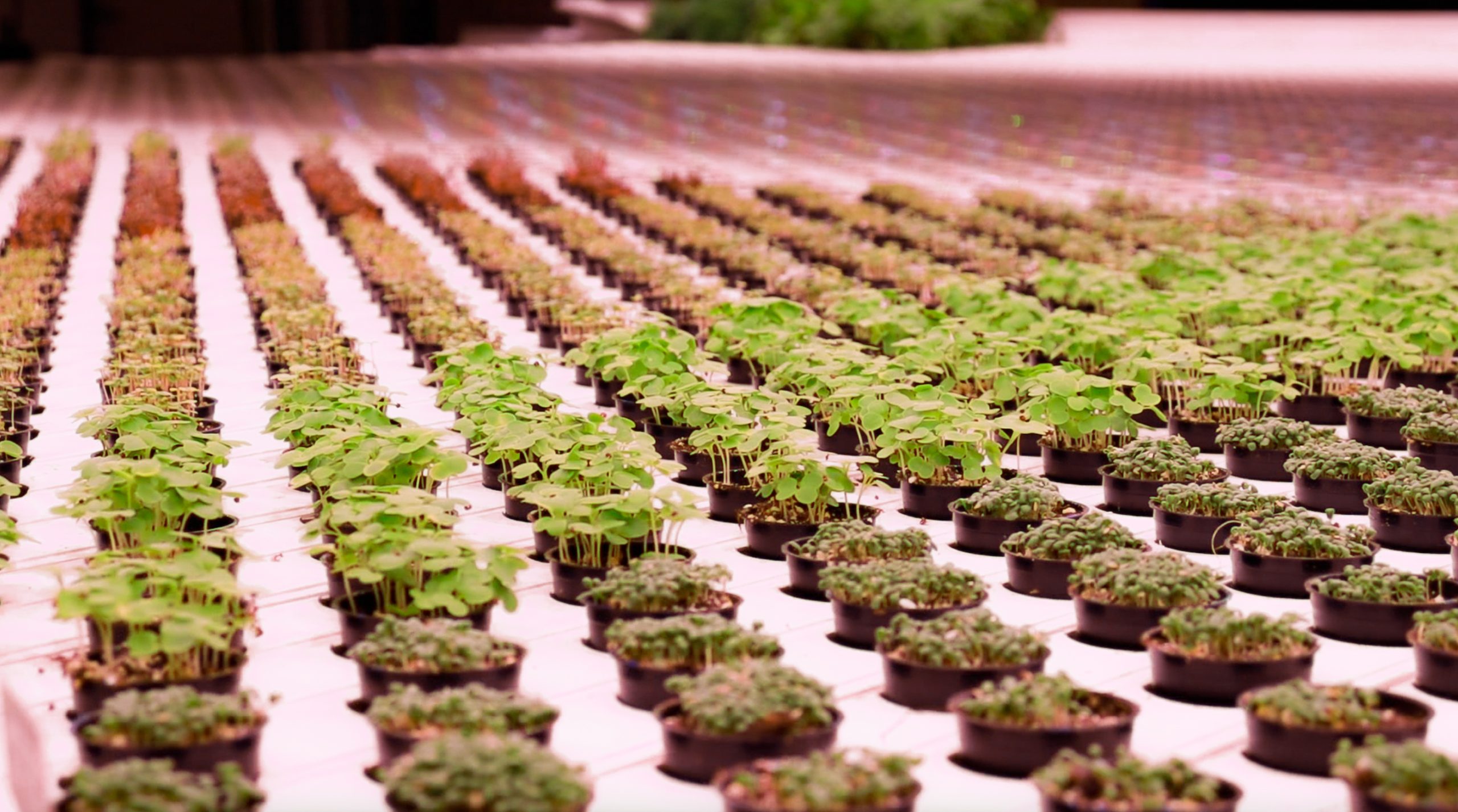Incubator Spotlight: Mense
Mense is a period product company with a mission to provide a comfortable, safe and working solution for people with periods. Founded in 2022 by California Polytechnic State University (Cal […]
Read More
Zeste Farms is a startup leveraging vertical farming — the growing of crops in vertical layers, often in a climate controlled environment — to grow leafy greens and herbs.
The idea for the startup originated while co-founder Stan Kaplita realized that existing indoor vertical farming technologies were not being used to their full potential.
“I saw challenges with traditional farming with climate change, water scarcity and land scarcity, and I came to the realization that what can be grown inside will be grown inside,” he said.
Now, Zeste Farms has developed an efficient method of indoor vertical farming that requires lower operating costs and eliminates the “green premium,” or the additional cost of clean technology compared to that with greater greenhouse emissions.
Zeste Farms utilizes their innovation to grow unadulterated produce, which provides consumers with maximum nutrition and maximum flavor.
Early in the startup development process, Zeste Farms got involved with the Cal Poly Center for Innovation & Entrepreneurship, joining their Incubator. The Incubator is a two-year program designed to help early-stage startups develop into financially stable and scalable businesses by connecting participating startups with mentors, networking opportunities and resources that facilitate faster, smarter growth.
Kaplita, whose professional background is in engineering, said he joined the Incubator because his professional background led to an emphasis on engineering a product rather than developing a business.
“We were so lopsided as a company when we started out,” Kaplita said. “(The Incubator) pushed us in terms of marketing and sales.”
The Incubator provided Zeste Farms with the resources needed to grow from an idea to a startup. Through the program, Kaplita said he learned how to refine business pitches, market effectively and manage a startup.
“I look at the CIE as a critical resource and support for our company,” he said.
The Incubator has also created several networking opportunities that have been especially valuable to Zeste Farms, according to Kaplita. He was introduced to a business consultant who specializes in biological and agricultural technology who he meets with bi-weekly. The program also put Kaplita in contact with an angel fund that later invested in Zeste Farms.
Kaplita added that he benefits from the Incubator’s frequent guest speakers, who are able to provide different perspectives on the startup development process. Their advice can provide “a different approach to solve a problem,” Kaplita said.
The wealth of resources offered by the Incubator ultimately provide startups with a stability that Kaplita said he is grateful for.
“The CIE can help guide the ship a little bit,” he said. “It’s very approachable, very friendly. I feel very fortunate to have been in this area and to use the resource here.”